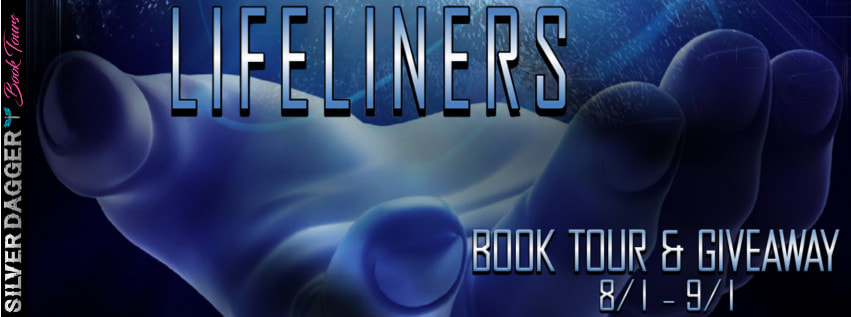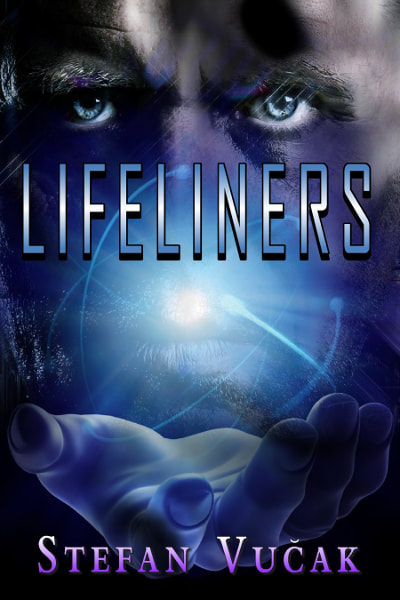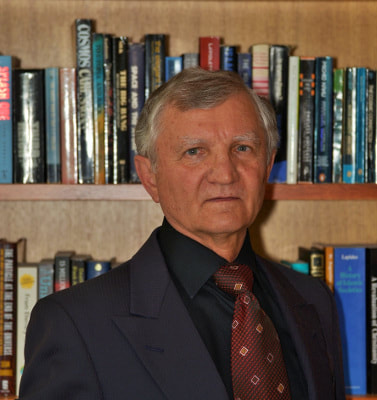The second
law of thermodynamics has been expressed in many ways, but it basically means
that every ordered system will break down into a disordered state in a process
called entropy. This principle is credited
to the French scientist Sadi Carnot, who in 1824 showed that there is an upper
limit to the efficiency of conversion of heat to work in an engine. This
principle eventually led to the concept of the asymmetric arrow of time, which
states that once an event has taken place, it cannot be reversed. Generally, we
observe entropy at work every day. A spilled cup of coffee cannot be made to
refill, and you cannot put back a broken egg.
However, if the second
law of thermodynamics was valid in all conditions, the universe as we know it
could not exist. Cosmologists have difficulty explaining the behavior of the
observable universe and the working of entropy. Many of them ignore the problem
by saying that galaxies and stars have evolved from a low state of entropy,
which means a more ordered state, and that contradicts what we see. An image of
the cosmic background radiation that represents low energy photons that have
decayed from the Big Bang is a random assembly of energies, which confirms that
the Big Bang was a highly disordered system, a soup of energetic photons. The
early universe was in a state of maximum entropy. It could not become more
disordered.
 But as the universe
expanded and cooled, this chaotic system gradually became more ordered, giving
rise to fundamental forces, quarks, protons, neutron, and electrons, which
coalesced into elements, molecules, and dust that coalesced into stars and
galaxies, all highly ordered systems. Granted, once these organized systems
formed, they became subject to entropy. Cosmologists and theoretical physicist
talk learnedly about the second law of thermodynamic and the arrow of time, but
they have failed to explain the tendency of chaotic systems to become ordered.
But as the universe
expanded and cooled, this chaotic system gradually became more ordered, giving
rise to fundamental forces, quarks, protons, neutron, and electrons, which
coalesced into elements, molecules, and dust that coalesced into stars and
galaxies, all highly ordered systems. Granted, once these organized systems
formed, they became subject to entropy. Cosmologists and theoretical physicist
talk learnedly about the second law of thermodynamic and the arrow of time, but
they have failed to explain the tendency of chaotic systems to become ordered.
When
everybody is against them, it is tough being a lifeliner, as Nash
Bannon found out. Lifeliners are ordinary people…almost. They can
draw energy from another person; they live longer and are smarter.
Scientists claim that Western high-pressure living and growing
sterility in developed countries has triggered the rise of
lifeliners, and homo sapiens will replaced by homo renata within ten
generations. So, what’s not to like about lifeliners? Protest
marches by extremist groups, riots, attacks against lifeliners,
repressive laws enacted by governments everywhere, were portents of a
dark future. Young, successful, Nash Bannon did not like what was
going on, but he thought he had the world at his feet and life in
Australia was good, provided no one found out he was a lifeliner. A
chance encounter with Cariana during a lunchbreak develops into
something he considered important. The Australian government calls a
snap election, and Nash stands as a Senate candidate on the Lifeliner
Party ticket. Unless lifeliners rise up and fight for their rights,
they can expect sterilization, incarceration, and possible
extermination as democracies everywhere turn into autocracies. To
survive, the Lifeliner Party must employ the same dirty tricks the
government used against them, but they were not prepared for what
awaited them.
Stefan
Vucak has written eight Shadow Gods Saga sci-fi novels and six
contemporary thrillers. He started writing science fiction while
still in college, but didn't get published until 2001. His Cry of
Eagles won the coveted Readers' Favorite silver medal award, and his
All the Evils was the prestigious Eric Hoffer contest finalist and
Readers' Favorite silver medal winner. Strike for Honor won the gold
medal.
Stefan
leveraged a successful career in the Information Technology industry,
which took him to the Middle East working on cellphone systems. He
applied his IT discipline to create realistic storylines for his
books. Writing has been a road of discovery, helping him broaden his
horizons. He also spends time as an editor and book reviewer. Stefan
lives in Melbourne, Australia.
Follow
the tour HERE
for exclusive excerpts, guest posts and a giveaway!











No comments:
Post a Comment